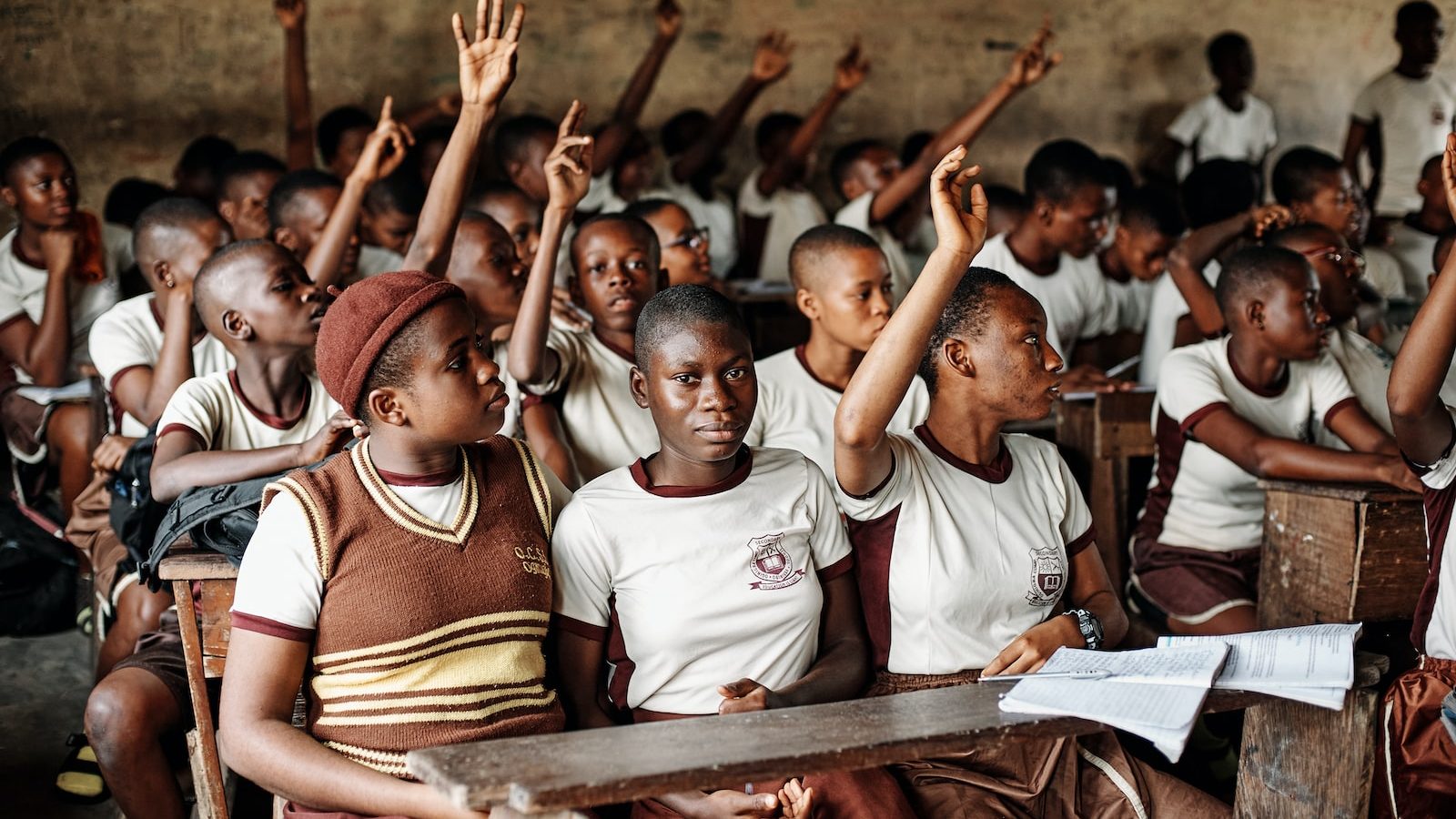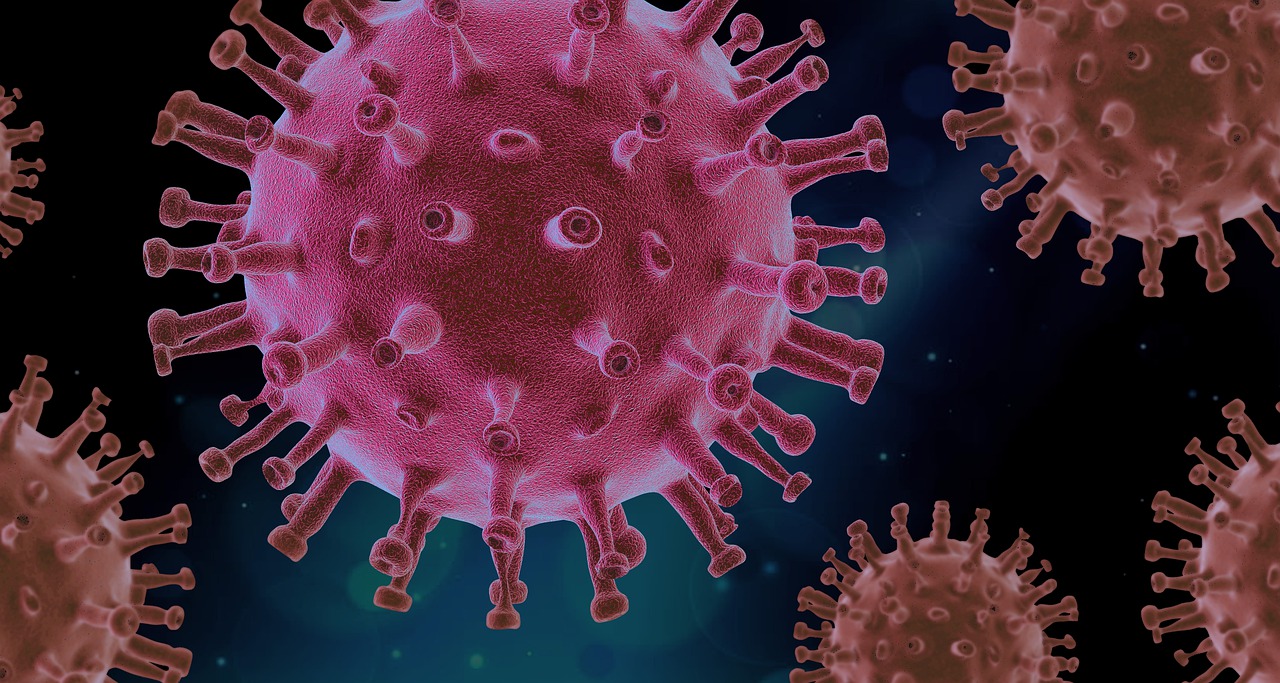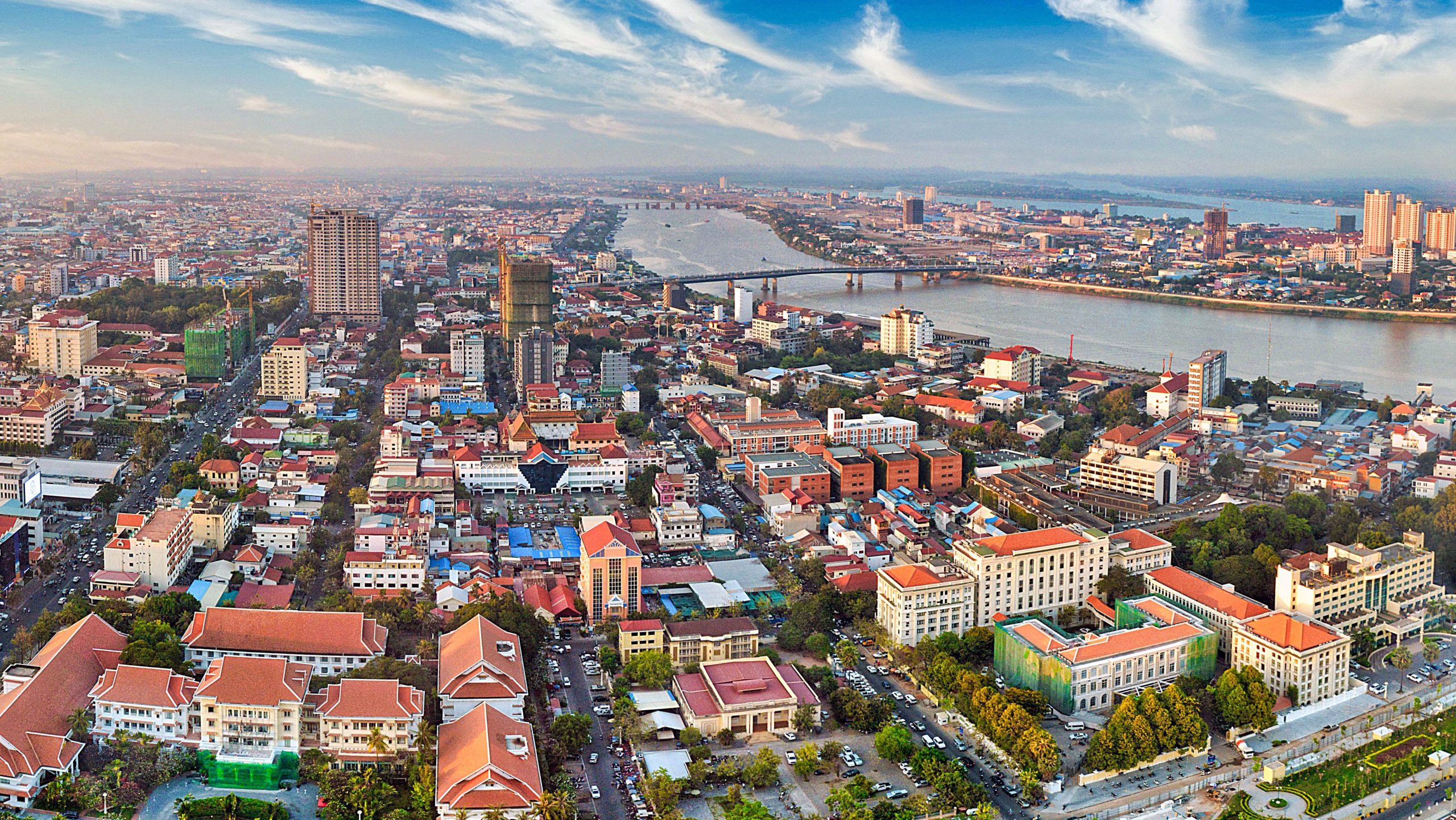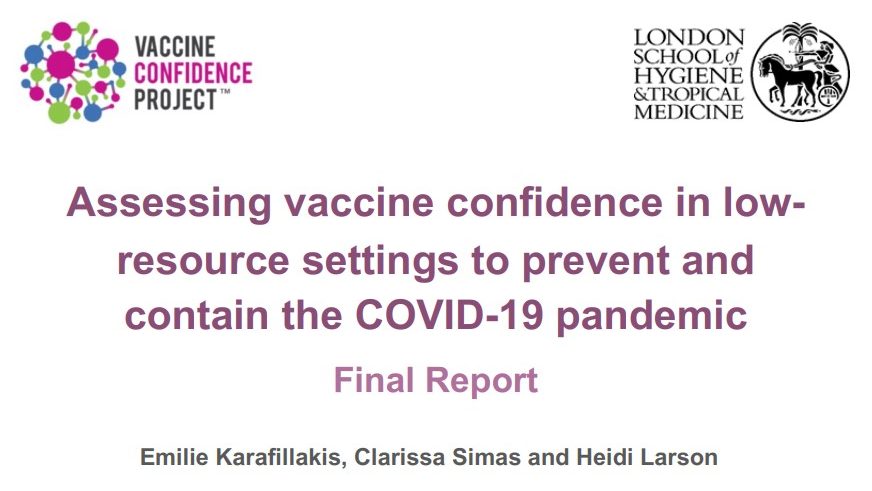Overview
The Vaccine Confidence Project at the London School of Hygiene & Tropical Medicine, in partnership with Premise, developed ASSURE – Assessing Signals and Supporting Resilience. ASSURE is a health system risk monitoring and evaluation system. The system uses digital and statistical tools to forecast uptake rates of COVID-19 vaccines.
With technical support from the Africa CDC and Africa Union, the ASSURE system was fielded in Nigeria to explore how intent to receive a COVID-19 vaccine evolved both nationally and sub-nationally between March 2021 (when the first Covid-19 vaccines were administered to healthcare workers ) and October 2021.
Background
The introduction of COVID-19 vaccines in December 2020 has presented governments and healthcare systems unprecedented challenges ranging from the rapid procurement and distribution of vaccines to encouraging mass vaccination.
Whereas much of the Western world secured priority access to vaccines through early contracts with vaccine manufacturers, many low-and-middle-income countries (LMICs) have struggled to provide COVID-19 vaccines to their populations.
In addition to this problem of low access to Covid-19 for many in various LMIC settings, a major limiting factor when vaccines become available will be the willingness of location populations to receive the vaccine. One LMIC that has experienced notable perception-based barriers to vaccines is Nigeria, where low vaccine coverage for many immunisations persist, often in very specific regions and due to the deliberate spread of misinformation.
As of December 2021, Nigeria lagged behind many other countries with similar economic features or geographic proximity in its COVID-19 vaccination coverage, including other middle-income countries in Sub-Saharan Africa, as well as regionally proximate countries such as Ghana, Côte d’Ivoire, and Sierra Leone (figure 1). While progress was made over the course of 2022, the vaccination rate in Nigeria remains low in comparison to other comparable countries (only Kenya’s vaccination rate is lower).
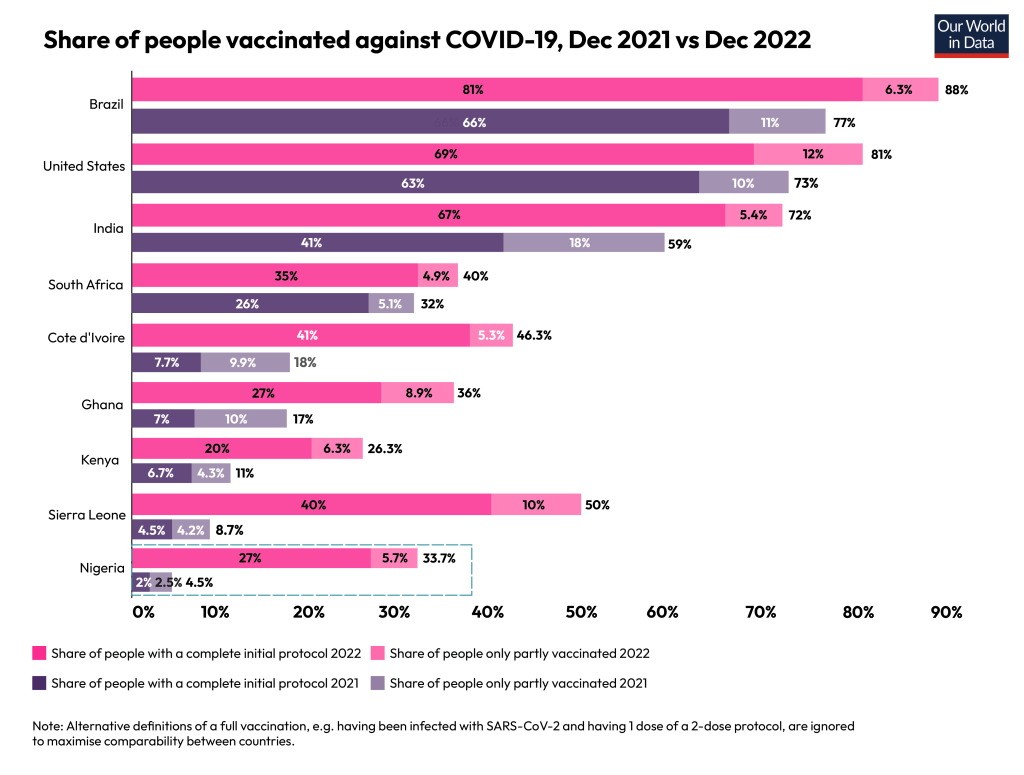
Methodology
A longitudinal survey instrument was deployed every month to about 5,000 respondents between March – October 2021. A total of seven rounds of data collection took place comprising a total of 38,030 interviews from 15,182 distinct participants across the 37 Nigerian states. Interviews were conducted digitally, through a questionnaire designed by the Vaccine Confidence Project in collaboration with local policymakers.
The surveys were conducted by our project partners, Prmise, who are a global integrated human data collection and analytics service. Surveys are implemented on the Premise mobile phone application. Due to the difficulties in low-cost data gathering in Nigeria, and the imminent need for these data to inform relevant policies in Nigeria, the Premise platform provides a cost-efficient means of rapidly surveying thousands of respondents in Nigeria over multiple time points.
However, because of the way participants are crowdsourced, collected survey data are not demographically representative of Nigeria at the sub-national or national levels. Statistical reweighting procedures are used to minimise the risk of under- or over-sampling socio-demographic groups, but we note an extremely strong bias towards male respondents and a slight bias towards younger respondents. All respondents who participated in the survey were aged over 18.
Summary findings
At a national level, our data suggest that Nigeria continues to have high levels of uncertainty over intent to accept a COVID-19 vaccine, but with fairly stable intentions over time.
In our final survey (November 2021) we estimate that 77% of Nigerians would either ‘definitely’ vaccinate or were unsure but leaning towards vaccinating. In total, only 3% of the population had received a Covid-19 vaccine as of November 2021, 48% stated a firm intent to vaccinate, 39% were unsure (with 26% unsure but leaning towards vaccinating), while only 11% would ‘definitely not’ vaccinate.
These national-level trends were reasonably stable over time, seemingly contrasting with the broad global picture for western countries, who have generally experienced increases in intent to accept a COVID-19 vaccine over time. At the state-level, we find strong regional variation in levels of intent to accept a COVID-19 vaccine. Perceptions were notably high in Kwara and Niger, as well as Kaduna, where vaccine perceptions had experienced a strong increase over time. Perceptions were relatively much lower in the Federal Capital Territory and Rivers.
